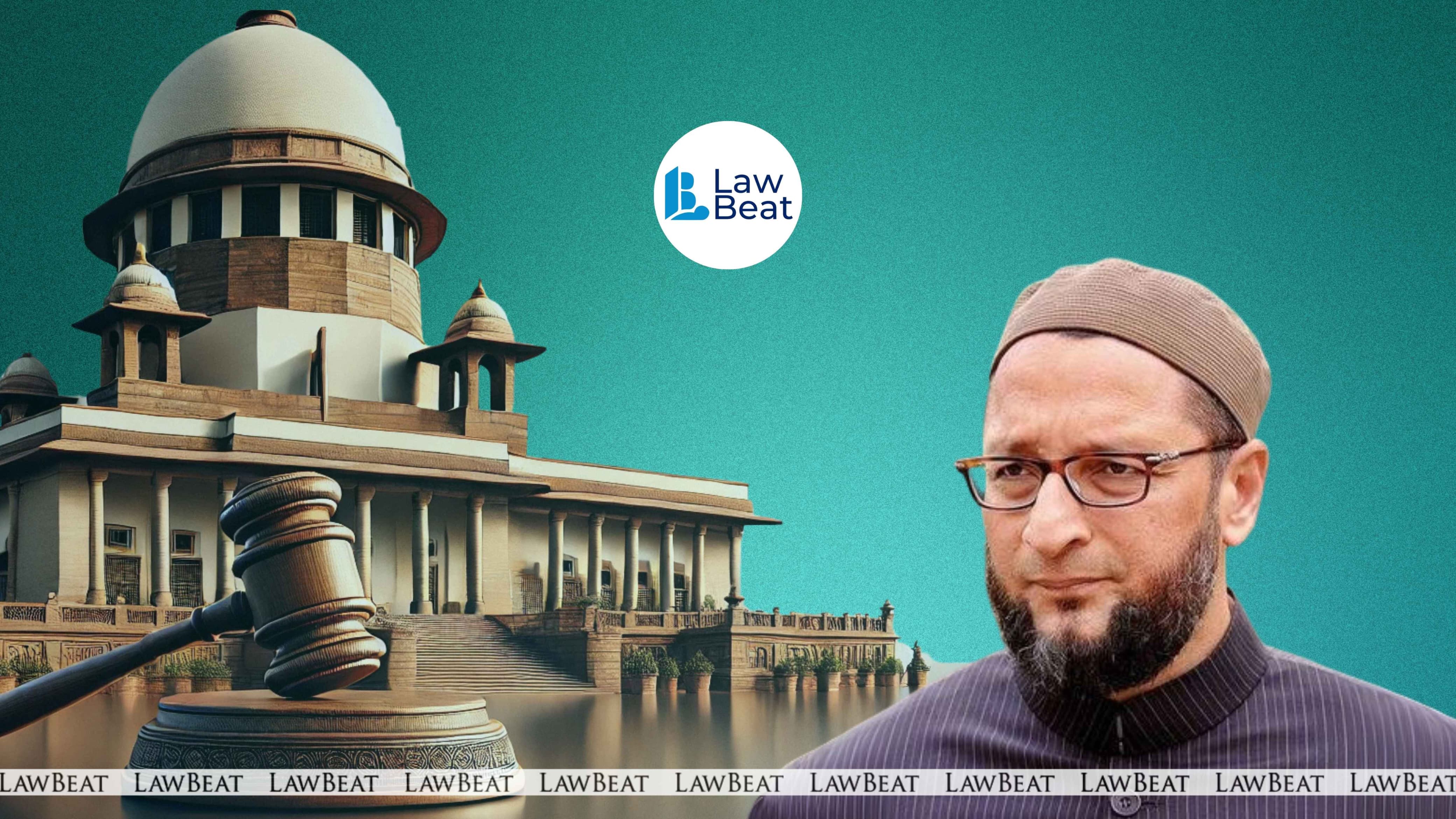''Unconstitutional": Asaduddin Owaisi Moves Supreme Court Against Waqf Amendment Bill

Owaisi has termed the bill 'unconstitutional', stating that the bill brazenly violates the fundamental rights of Muslims and the Muslim community
All India Majlis-e-Ittehadul Muslimeen (AIMIM) Member of Parliament Asaduddin Owaisi, representing the Hyderabad constituency in Lok Sabha, approached the Supreme Court of India on Friday, April 4 challenging the constitutional validity of Waqf (Amendment) Bill, 2025.
The Bill was passed by the Rajya Sabha on April 4 following an intense 12-hour debate, with 128 votes in favour and 95 against. Earlier, on April 3, the Lok Sabha passed the Bill with 288 members voting in favour and 232 against.
In his petition before the top court, Owaisi has termed the amendments 'unconstitutional'. He argued that the the bill brazenly violates the fundamental rights of Muslims and the Muslim community.
While participating in the debate over the Waqf (Amendment) Bill in Lok Sabha, Asaduddin Owaisi tore a copy of the bill as a symbol of protest. Drawing parallels with Mahatma Gandhi, Owaisi said, " My conscience doesn't support this bill, I don't support it. This bill is unconstitutional."
In a related development, Congress MP Mohammad Jawed, a member of the Joint Parliamentary Committee that reviewed the bill, also moved the top court challenging it. He contended that the bill violates Articles 14, 25, 26, 29, and 300A of the Constitution. He also raised concerns regarding the proposed inclusion of non-Muslim members in Waqf Boards and the Waqf Council.
Notably, the bill, introduced by Union Minority Affairs Minister Kiren Rijiju on August 28, 2024, in the Lok Sabha, aims to amend the Waqf Act, 1995, to address management issues surrounding waqf properties.
It proposes that waqf can be created by individuals practising Islam for at least five years, replacing earlier provisions that included non-Muslims. In the Waqf laws of 1913, 1923, 1954, and 1995, waqf was exclusively defined as a permanent dedication of property by individuals professing Islam. However, a 2013 amendment to the 1995 Act broadened the definition, allowing property to be dedicated as waqf by persons of any faith, including non-Muslims.
The Bill also proposes to replace the Survey Commissioner with the District Collector, who will oversee waqf property surveys and resolve disputes over ownership.
Additionally, it introduces mandatory non-Muslim members in both the Central Waqf Council and State Waqf Boards, breaking from the tradition of exclusively Muslim representation. It grants state governments the authority to nominate all board members, including two non-Muslims and members from Backward Classes of Muslims, Shias, and Sunnis.
